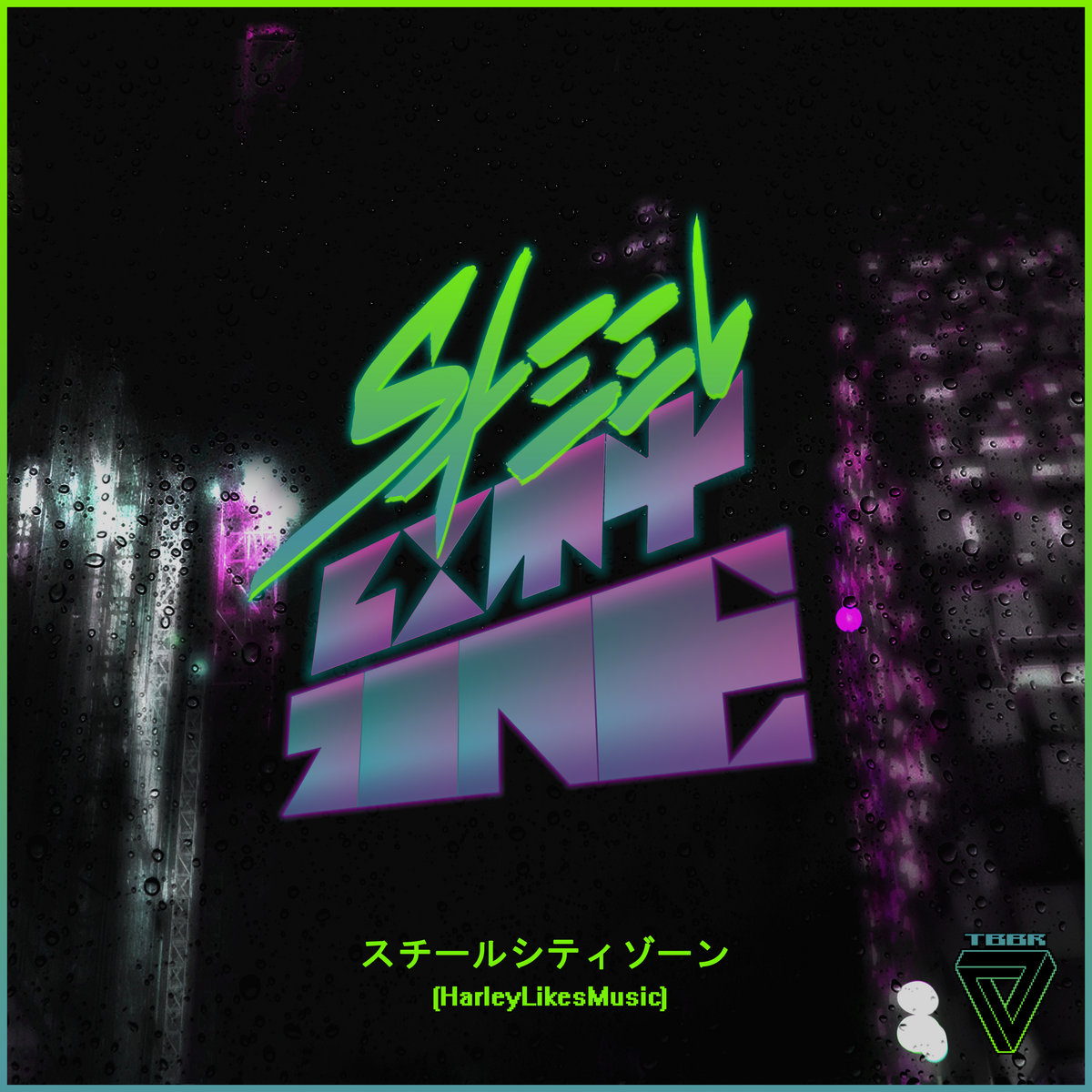i feel like many people are going to bring up the obvious specifics like note polyphony or dynamic range so if I may, I'd like to bring up something a little off kilter here 
one caveat i've *personally* found is that it's very difficult to avoid being typecasted; for better or worse
the larger music world may often aim to brand you as a video game/nerd culture obsessive and also seem to often think you are incapable of doing anything that isn't chiptune - which can be a little frustrating. the larger world also spawns many unnecessary debates about "what chiptune is" - and i've noticed that more often than not, if it doesn't sound like gameboy dance music, many press outlets get confused quick! i think it all stems from chiptune being such a specific sound that it's easy to become a marketing tool
on the other hand tho, you also may often be seen as a gear fetishist - discussions of how tracks were made are very common and when performing live many people expect to see the hardware being used live. that is to say, there is often a predated expectation of what your chiptune shows are supposed to be (i.e. - "you've made your tracks on an Atari ST, so the audience will expect the Atari to be onstage with you"). i've contributed to this belief in the past, but over the years i've become way more open minded. i got upset with the idea that many people are coming to see the gear itself rather than the actual music being played - this "hardware versus software" debate comes up in all genres of electronic music, but I feel that it comes up especially often in chiptune because the entire concept of this came about by pushing old hardware devices. but my personal beliefs are this: it's 2016, you can do it however the eff you want - I've seen people play straight up amazing live sets with laptops, CDJs, whatever 
none of these may be a big "limitation" to you but I think it's something worth acknowledging at least a little bit when talking about this kind of music today

